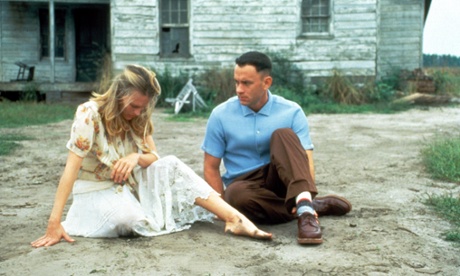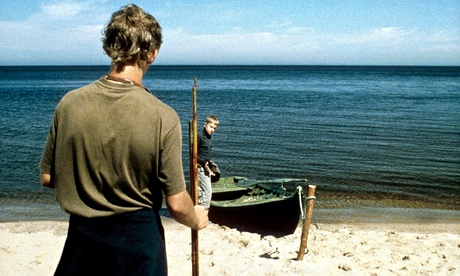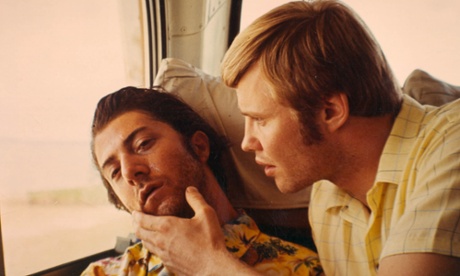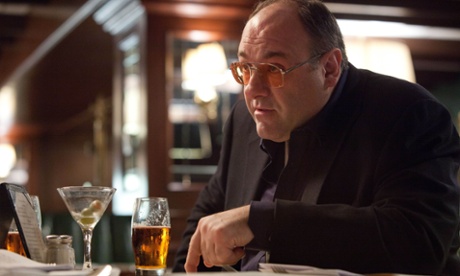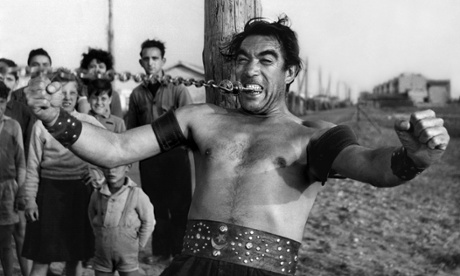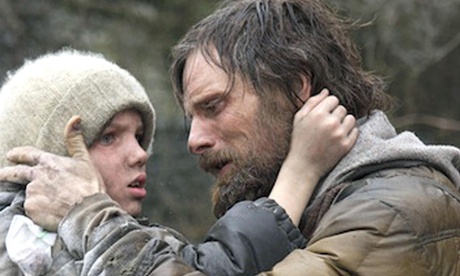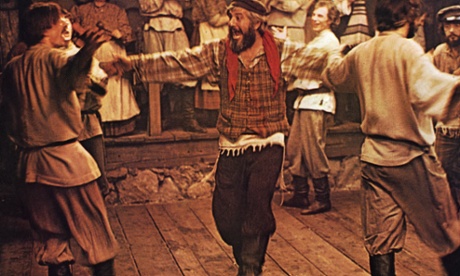I don’t cry at films, which is unsurprising as I don’t generally cry. I’ve attended funerals where I’m the only dry-eyed mourner, and I sometimes worry that failing to weep amounts to inhumanity. Thank goodness, then, for Forrest Gump, the one thing guaranteed to get me blubbing.
It superbly plays on emotion throughout, finely balancing comedy and tragedy, but the tears-inducing scene is specific. It occurs towards the end with Forrest (Tom Hanks) and a bedridden Jenny (Robin Wright) reunited at the Gump homestead.
She asks Forrest if he was scared in Vietnam, and we unexpectedly move to a montage of nature’s beauty narrated by him: stars above the war-torn land, Alabama sunsets and a reflecting mountain-lake so clear it looks like “two skies, one on top of the other”.
This serenity is the backdrop for Jenny finally telling Forrest that she loves him, having earlier dismissed him as “not knowing what love is”. Then the clincher, with the camera hanging on Forrest’s reaction as another monologue starts to play: “You died on a Saturday morning.” My heart sinks just writing that.
We subsequently see Jenny’s grave and Forrest beside it choking up – and I’m right there with him. Precisely why it’s so powerful is hard to say. It is undoubtedly manipulative in the best cinematic sense – Oscar-winning screenplay and direction attest to this – but the likes of Steven Spielberg produce similarly-impressive work that doesn’t make me sob. Gump is anchored by Hanks’s spellbinding performance, but again, this isn’t entirely responsible.
I believe it is about loss, of innocence as much as in the obvious narrative sense. It is telling that I never cried during the dozen times I watched Forrest Gump before becoming an adult. My understanding of the film now – just like my understanding of life – is so different to what it was then. I missed good gags like the one about Nixon and Watergate, but I also genuinely believed Jenny didn’t want to stay at her dad’s house because of the “big mean dog”. Now, watching the house where she was abused bulldozed to the ground, I’m overwhelmed by the wickedness of reality.
There’s hope in the form of Forrest’s son, however, and this only exacerbates the tears. We see the two bonding over fishing and ping pong, and you know the geniality and sincerity that define Forrest will be passed onto Forrest Junior, guarding against evil in the world.
When the film came out everyone had their “life is like a box of chocolates” impression and British people laughed at the notion that “you never know what you’re gonna get” because there’s always a card here telling you so. Life may not be that simple, but I can always rely on Forrest Gump to make me cry.
